The Cow Who Sang a Song into the Future
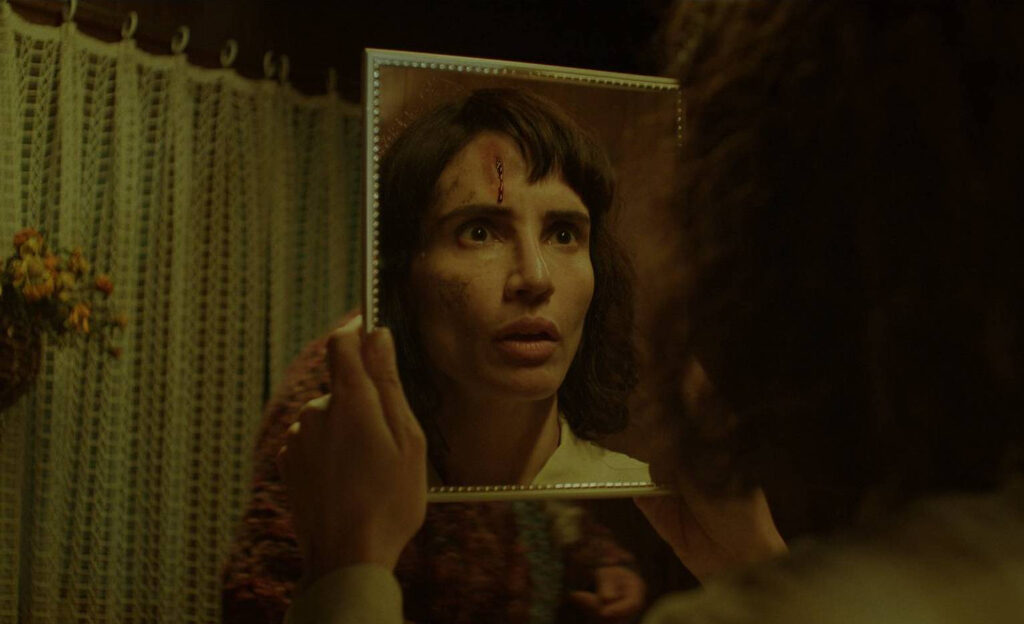
Chilean filmmaker Francisca Alegría’s feature debut, the cryptic, almost dreamlike title of which signposts the film’s simultaneously timeless and unavoidably prescient search for truth and commonality, expands upon the magical-realist union between spirituality and environmental consciousness that has tinged her short films.
The Cow Who Sang a Song into the Future opens with an arresting montage of dead fish floating in a river, the supposed victims of contamination from a neighbouring pulp factory. Shortly after, a woman emerges from the depths of the river. The woman is Magdalena (Mía Maestro), who drowned herself many years ago in the ill-fated lake when her now adult daughter, Cecilia (Leonor Varela), was six years old. Upon returning to the family’s rural dairy farm, the mute, still youthfully beautiful Magdalena is sighted by her now elderly husband, Enrique (Alfredo Castro), whose heart promptly, and reasonably, gives out. Cecilia, her brother (Marical Tagle), and her two children (including Tomás (Enzo Ferrada), whose transgender identity Cecilia struggles to accept) travel back to the farm to care for him.
Magdalena’s restoration to the realm of the natural drives devastating rifts between the members of the family. Tomás bonds with Magdelena, her spirit of nonconformism as well as her suicidal thoughts taking on a larger than reality, romantic mythology in the teenage boy’s mind, even before their physical encounter. Though the resurrected Magdelena is mute, Maestro’s physical performance is such that her wry energy, even in her state of purgatory, peeks through the canvas in strange, nostalgic fleets of tragicomedy. Her presence is more of a catalyst than an active character, and is mostly perceived as the spectre of a once vibrant guise, under which nobody, not even those closest to her, truly had access.
Alegría does not simply abandon the opening scene’s environmental consciousness, using it as window dressing for her surreal dissection of family trauma, but instead imbues the movie intrinsically with it. There is a perceptible, lingering guilt about the exploitation of cows for the family business, whose eyes, in similar fashion to Jerzy Skolimowski’s titular EO, impart a certain wisdom and calculation of the folly of humans, while protests against those responsible for contaminating the lake wrestle on in the background. There is a certain doomsday quality about Alegría’s vision, the feeling that the cusp of a biblical reckoning is being approached.
But, what is markedly impressive about its execution, is the gentle, abstract harmony that Alegría cultivates between the two stories; the familial story oriented very much in the intricate arena of 2020s dialogue concerning mental illness and gender, and the foreboding environmental fable. The door is left tantalisingly ajar for interpretations to be projected onto the pensive, quietly kaleidoscopic story, but hope is never lost sight of. On the contrary, it guides the film towards its tender, cathartic conclusion.
Matthew McMillan
The Cow Who Sang a Song into the Future is released in select cinemas on 24th March 2023.
Watch the trailer for The Cow Who Sang a Song into the Future here:

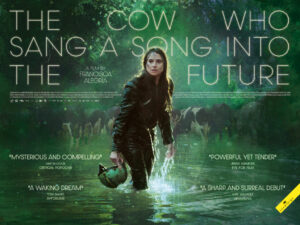
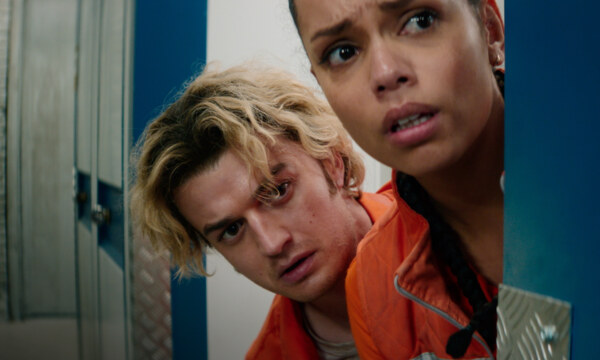
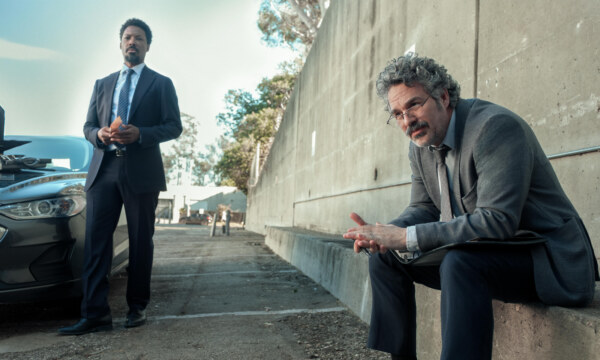
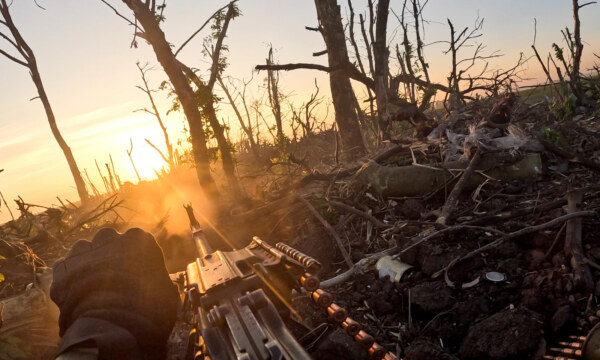
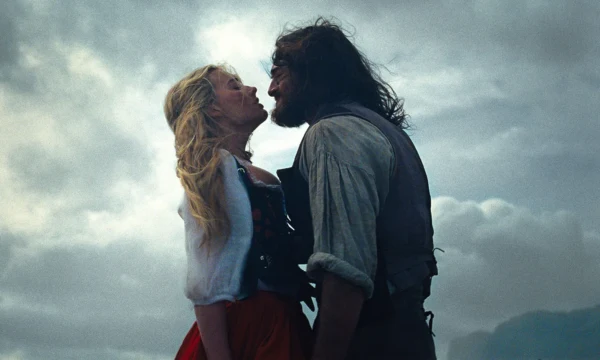
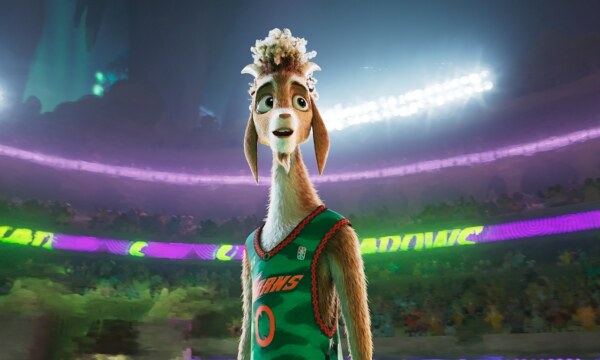

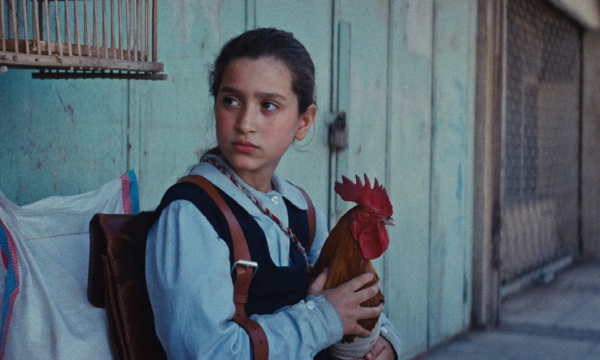
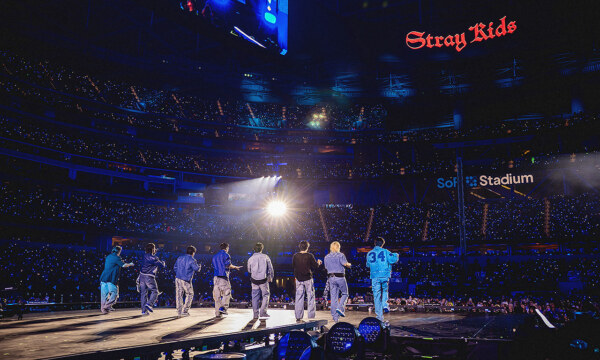
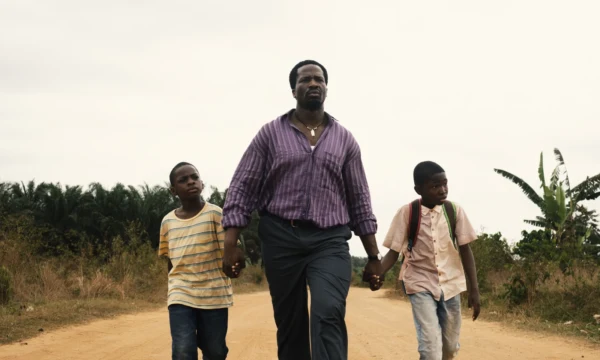















Facebook
Twitter
Instagram
YouTube
RSS